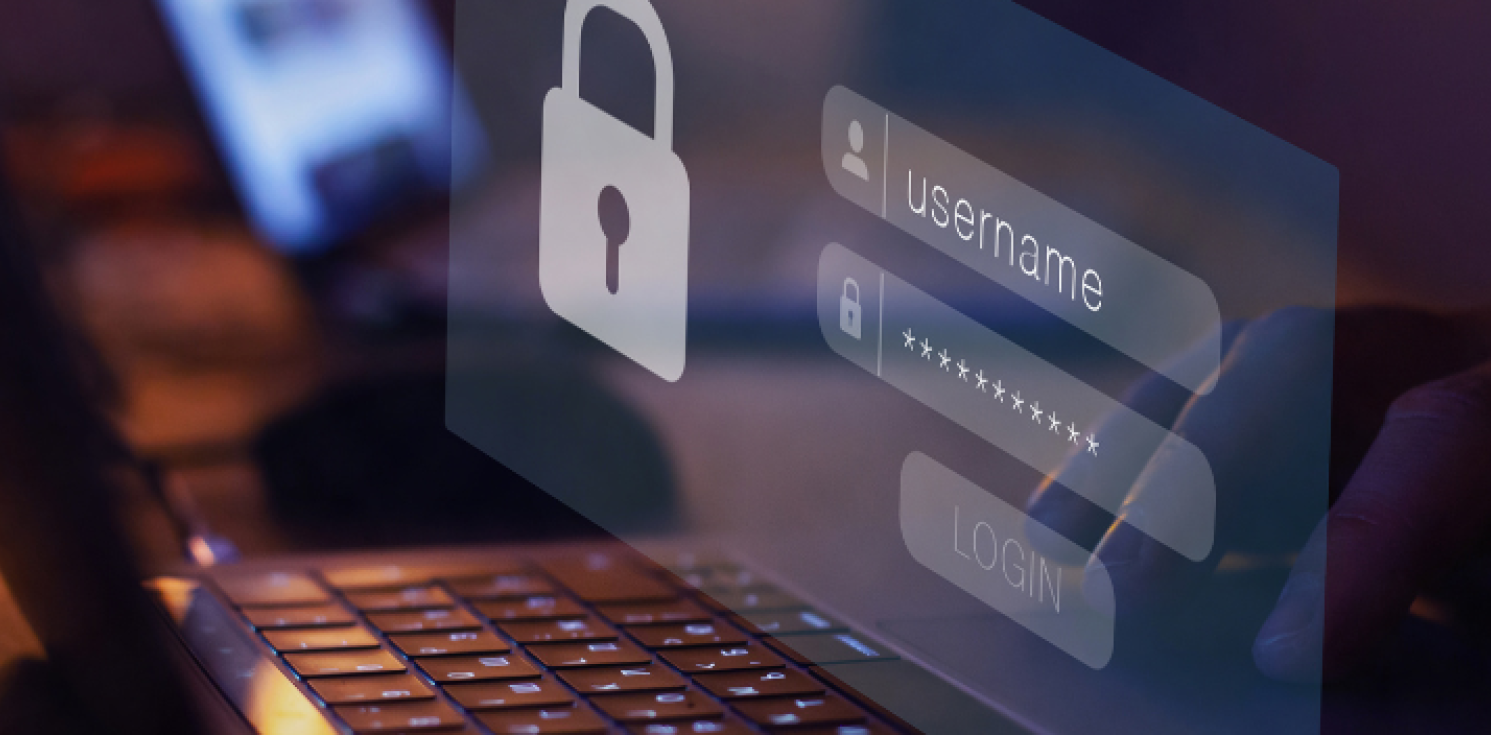Crisis Communications

Some common issues:
Your website is hacked or you have lost the ability to get into your site. It happens more than you think, so firstly - don't panic. There are things you can do to minimise any negative consequences:
Safeguarding concerns
Please follow our Safeguarding reporting process here. If you need support on Safeguarding matters it can be found here.
Website Hacked
If your chaplaincy website is compromised, act swiftly to protect visitors and sensitive information. Take the site offline or display a maintenance notice, and contact your hosting provider or IT support immediately to secure the breach. Avoid making public statements until you understand the extent of the hack, then release a clear, calm update to reassure your community and explain when the site will be restored.
Social Media Hacked
When a chaplaincy’s social media account is hacked, change passwords immediately and enable two-factor authentication. Notify platform support to regain control and remove any malicious posts. Post an apology and clarification once the account is secure, so followers know which messages were unauthorized. Remind your community to ignore suspicious messages sent during the breach.
Phishing
If staff or volunteers receive phishing emails or messages pretending to be from the chaplaincy, warn your team and community right away. Share examples of the scam so people can recognise it, and instruct them not to click links or give out information. Report the phishing attempt to relevant authorities or the platform, and review internal cyber-safety training.
Reputational Issue
When the chaplaincy’s reputation is challenged—whether through misinformation, criticism, or an incident—respond promptly but thoughtfully. Gather the facts before speaking publicly, and ensure the tone is calm, respectful, and focused on truth. Use consistent messaging across all channels, showing commitment to transparency and the chaplaincy’s mission. Offer opportunities for dialogue and be willing to listen, demonstrating integrity and humility. We highly recommend that you also contact us to discuss and for any further advice.